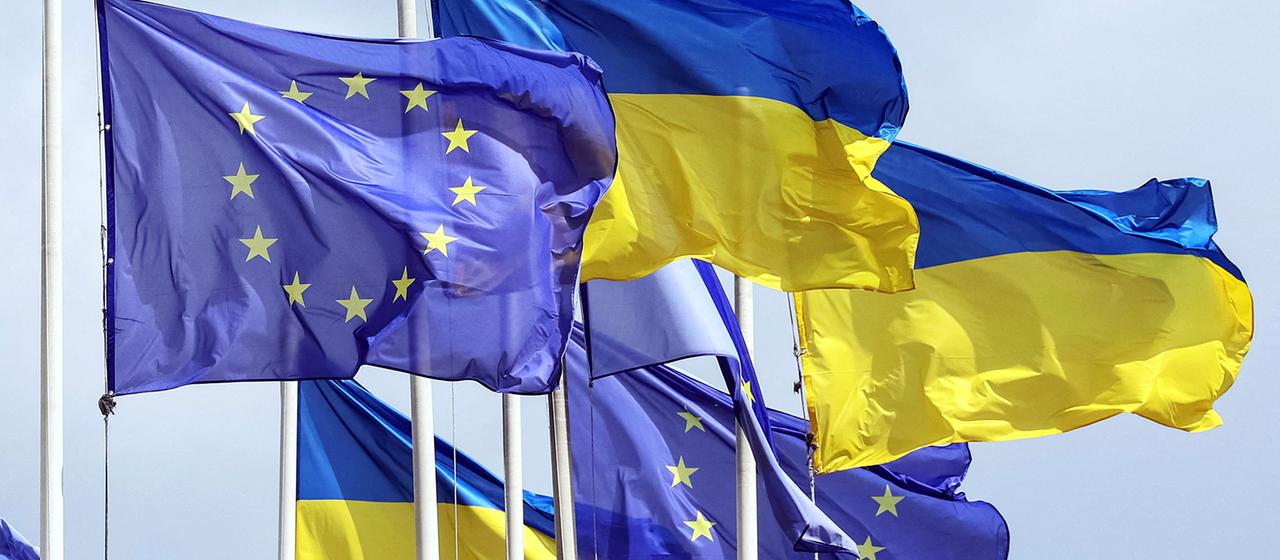
Europe's foreign ministers no longer expect peace in Ukraine anytime soon. In Denmark, they therefore discussed new sanctions against Russia. Foreign Minister Wadephul is pushing for more military support for Kyiv.
"It's clear that Russia isn't preparing for peace; on the contrary, they're preparing for further wars." This was the conclusion reached by Kaja Kallas, the EU's foreign policy chief, at the end of talks with European foreign ministers in Copenhagen. Europe must now exert more pressure on Putin—there was agreement on this. But opinions differ on how this can be achieved.
Some Eastern European countries want Russian state assets held in European banks to be used to support Ukraine – as an early reparations payment, so to speak.
Most other countries, however, consider this too risky; they fear that Europe's reliability as an investment location would be undermined, and German Foreign Minister Johann Wadephul shared these concerns:"I advise all of us to have the right debates. The only right debate is whether and when Putin returns to the negotiating table."
Wadephul wants more military aid
In Copenhagen, Wadephul attempted to steer the debate in a different direction—he believes that too little is being said about military support for Ukraine—and he did not hold back on criticizing some partner countries:"Ukraine needs further military and financial support, and far from all that has been promised has been fulfilled."
Wadephul did not publicly say which countries were not keeping their commitments, but diplomatic circles said he raised the issue in the conference room, including in direct discussions with those who were not keeping their obligations.
It's an open secret that it's primarily the Southern European countries that have contributed comparatively little to military aid so far. For Wadephul, this is a problem – only if the military aid commitments are kept does he see a chance for Putin to come to the negotiating table.
Concrete sanctions still unclear
The next sanctions package has only just been outlined, and much is still open. There will be attempts to further curb energy imports from Russia, and there is also talk of sanctions against banks.
The criticism directed at Washington was then clear: The EU is demanding that the US lift the visa sanctions against representatives of the Palestinian Authority – they would mean that the Palestinian delegation would no longer be able to participate in the UN General Assembly in New York.
"What else needs to happen?"
The EU remains divided on its policy toward Israel. There was no majority for the proposal to terminate research cooperation with Israel because of the humanitarian emergency in Gaza.
If the EU does not act now, when will it, asked Irish Foreign Minister Simon Harris:"If the European Union does not act now and impose sanctions, when will it? What else needs to happen?"
What else needs to happen? Ireland's anti-Israel stance is shared by many countries, including Spain, France, and Belgium. But the necessary qualified majority is nowhere in sight—it fails—and Germany has also spoken out against the suspension of scientific cooperation.

